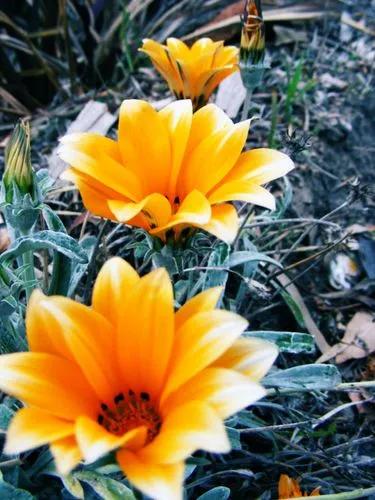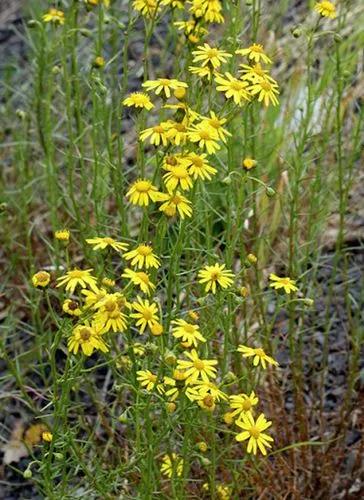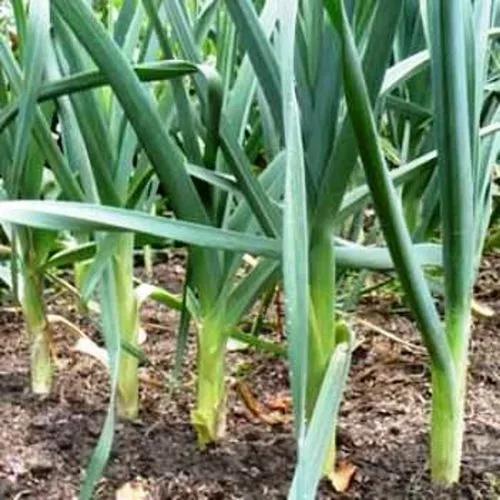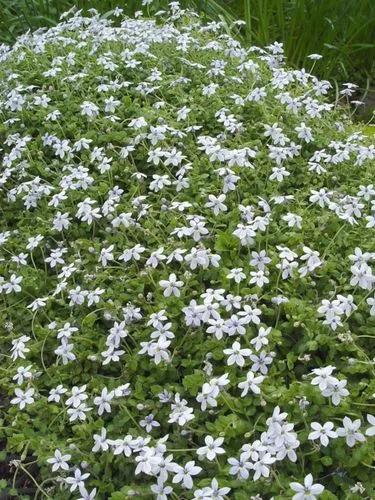Solanum muricatum is a species of evergreen shrub native to South America and grown for its sweet edible fruit. It is known as pepino dulce or simply pepino. The pepino dulce fruit flavor recalls a succulent mixture of honeydew and cucumber.
Peruvian pepino Care
Solanum muricatum



Solanum muricatum is a frost tender, evergreen shrub species in the nightshade family, Solanaceae. It is also known by the names sweet cucumber, melon pear and Pepino melon after its fruits. Typically it grows to around 1m tall and wide, with a spreading habit. This species can make a good groundcover plant, best placed growing up a trellis, wall or fence in a sunny position, however, it has an upright habit and may be grown as a freestanding bush. Although it is a perennial shrub species, it is frequently grown as an annual crop plant.
How to Care for the Plant

Water

Water the pepino when the top inch of soil feels dry. In hot weather, pepinos may require once or twice daily watering. Pour the water directly onto the soil at the base of the plant until the excess drains from the bottom of the pot.

Fertilizer

Mix 1½ tablespoons of a slow-release 5-10-10 fertilizer with the soil when planting. Pepinos produce best with minimal fertilization. If the foliage appears yellow or growth is weak, you can apply a soluble balanced fertilizer at half the package-recommended rate.

Sunlight

Place the pot in a location that receives full sun or partial shade. An area near a south-facing wall provides protection from wind and frost while reflecting heat onto the plant.

Soil

Cover the top of the soil with a 1- to 2-inch layer of mulch.

Temperature

Outside, the plant can survive a low temperature of -2.5°C (27 to 28°F) if the freeze is not prolonged, though it may drop many of its leaves. They do not set fruit until the night temperatures are over 65°F (18°C).

Container

This plant can be grown in containers. Choose a pot with enough drainage holes.

Popularity

317 people already have this plant 39 people have added this plant to their wishlists
Discover more plants with the list below
Popular articles






